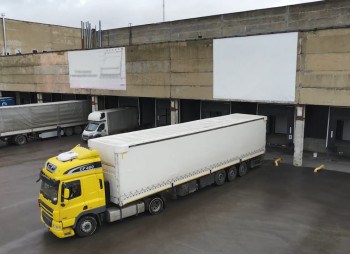The main driver of Ukrainian defense tech growth remains the state: the Brave1 defense cluster received UAH 1.5 billion in state grants to support defense tech startups in 2024. But private capital is not far behind: in 2024, five more funds were added to the accelerators D3 and Green Flag Ventures, which invest specifically in defense tech.
The market segments they are most interested in are UAVs, REP, EW and robotics from military tech and AI, cyber security and demining from the broader defense tech segment. But funds are ready to consider any technology with strong growth potential, the ability to scale and a clear export strategy.
Defense tech sights can be conditionally divided into two categories:
- "Focus on victory" - they want to help Ukraine here and now, plan to reinvest all profits without withdrawing dividends;
- "Focus on business and victory" - they want to help Ukraine, but attach more importance to the medium-term business and financial strategy of this or that startup.
General-purpose funds are trying to build a separate defense vertical parallel to the existing civil one. Sometimes it is about creating a separate legal structure in order to have permission from investors (limited partners) to support startups in defense tech.
For such funds, dual-purpose goods or defense tech that intersects with an already familiar civilian industry (for example, AI or cyber security) can be particularly attractive.
Many investment funds are currently not investing or even considering investing in defense tech. The reasons are various:
- insufficient understanding of the market (lack of internal expertise, information or the necessary contact base to help the startup after the investment);
- restrictions from investors (limited partners): if the fund attracted funds for investments in certain industries, the funds cannot go beyond the scope of their investment mandate. Many, especially institutional investors, do not invest in defense tech, even if little by little this trend is beginning to change;
- export restrictions: in the conditions of restrictions on the export of military products abroad, the only source of profit is domestic demand from government agencies. In conditions where the state is the only buyer, and contracts from the Ministry of Defense are mostly of a short-term nature, it is difficult to build financial models and predict the return on investment.
To this can be added the difficulties with bank compliance, transfers to the accounts of defense companies and the very fact that most domestic investment companies prefer to wait for the growth of existing companies and their exit to series A or B.
Despite the possible difficulties, the rapid development of the defense tech market is expected in the coming years - some funds are already privately announcing plans to "take a closer look at the industry" and would be happy to change their position regarding investments in defense tech under favorable conditions.






